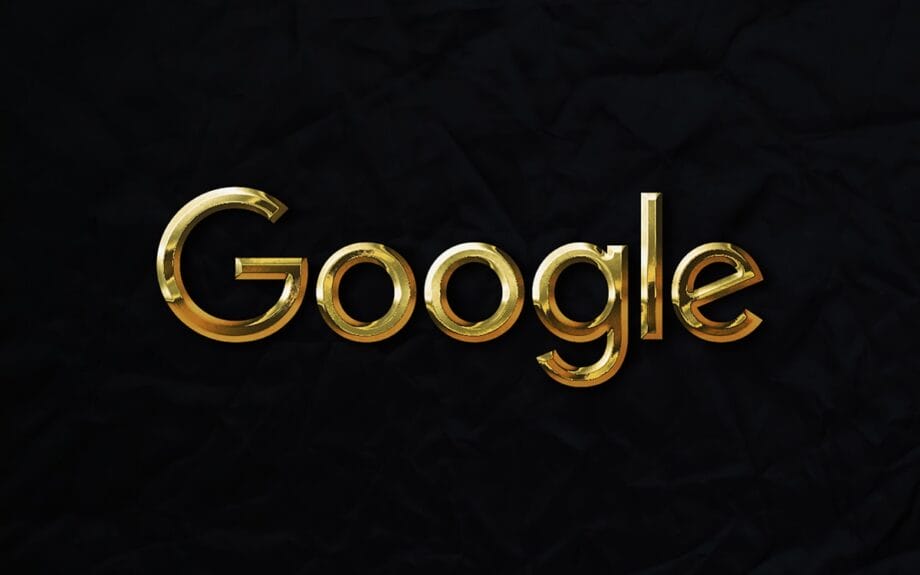Penske Media Corporation Initiates Legal Action Against Google Over AI Summaries
Penske Media Corporation (PMC), a dominant player in the US media landscape with vast control over essential trade and entertainment news platforms, has taken a significant legal step by becoming the inaugural major news organization to file suit against Google and its parent entity, Alphabet.
The action comes in response to Google’s utilization of AI-generated summaries within its search outputs.
PMC publishes renowned outlets such as Variety, Rolling Stone, The Hollywood Reporter, Deadline, Indiewire, Billboard, WWD, SHE Media, Robb Report, and Vibe.
Additionally, it organizes prestigious events like the Golden Globes and the ATX Television Festival, reaching an impressive audience of 340 million individuals monthly through its media properties and live engagements.
The antitrust lawsuit, lodged in a federal district court in the District of Columbia, follows a precedent set by a ruling last year, wherein the court determined that Google was operating an illegal monopoly after the US Department of Justice (DOJ) lodged an antitrust complaint in 2020.
The DOJ argued that Google had employed exclusive contracts with manufacturers, such as Apple and Samsung, to stifle market competition.
In its legal complaint, PMC asserts that it has previously allowed Google to index its content for search referral traffic, positing that “the exchange of access for traffic is the fundamental bargain that supports the production of content for the open commercial Web.”
The publisher contends that Google is now compelling media outlets to furnish content suitable for uses that “cannibalize or preempt search referrals,” specifically referencing the controversial AI summaries.
In defense of its practices, Google has characterized its AI-generated summaries as ‘AI Overviews,’ with spokesman José Castañeda stating, “With AI Overviews, people find search more helpful and use it more, creating new opportunities for content to be discovered. Every day, Google sends billions of clicks to sites across the web, and AI Overviews send traffic to a greater diversity of sites. We will defend against these meritless claims.”
The AI summaries extract pertinent information from various websites, delivering answers promptly without necessitating user clicks to external sources. This approach, referred to by critics as ‘Google Zero,’ has raised significant concerns within the publishing community.
Further elucidating its stance, Google has elaborated on the apprehensions surrounding AI Overviews within its communications:

In a similar vein, an earlier lawsuit was filed by Chegg in February, challenging Google’s AI-generated overviews as detrimental to original content demand and undermining publishers’ competitive capacities.
Moreover, other media entities have not shied away from pursuing legal avenues against various AI firms. Last October, Rupert Murdoch’s Dow Jones and the New York Post launched a lawsuit against Perplexity AI, accusing it of unlawfully replicating substantial portions of copyrighted material.
News Corp’s CEO, Robert Thomson, commented: “Perplexity perpetrates an abuse of intellectual property that harms journalists, writers, publishers, and News Corp.”
Additionally, The New York Times is currently embroiled in a copyright infringement case against OpenAI and Microsoft.
For those keen on keeping abreast of vital developments within the media and marketing sectors, the Mediaweek Morning Report is available for free subscription, delivering insights directly to your inbox each morning.
Source link: Mediaweek.com.au.





